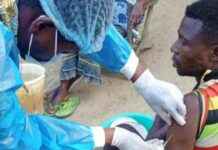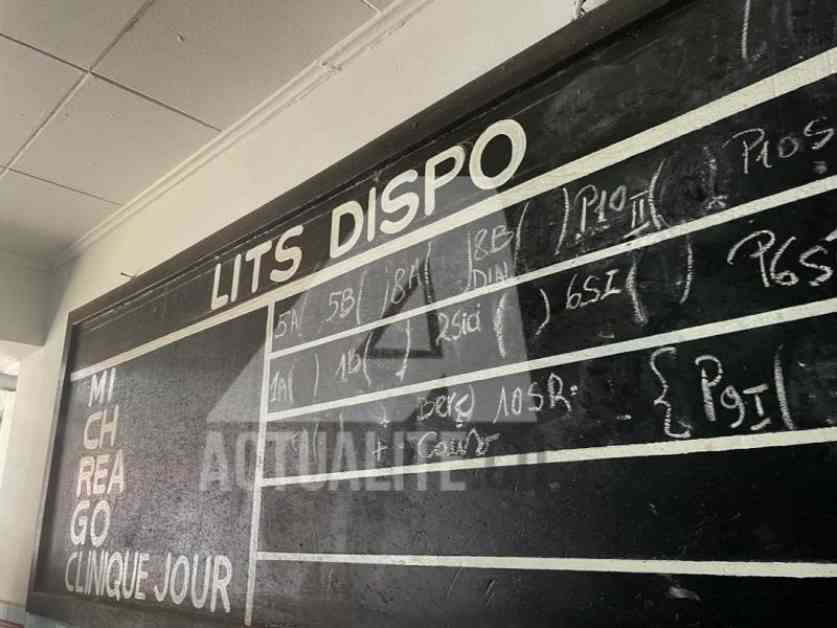Grève des médecins à Maï-Ndombe : Service minimum pour les urgences
In Maï-Ndombe province, the strike called by the National Union of Doctors (SYNAMED) has caused hospitals to operate with minimal staff, leaving medical facilities understaffed. Healthcare professionals ceased their services as soon as the strike began, demanding payment for three months of unpaid wages. The demands in Maï-Ndombe are unique, with no doctor in the province receiving a risk allowance for the last quarter of 2024, unlike the other twenty-five provinces in the country.
Intensified Protest and Minimal Emergency Services
Determined to have their demands met, doctors in Maï-Ndombe have escalated their movement while providing only minimal services exclusively for emergencies. Dr. Musa Kaponde, the provincial executive secretary of SYNAMED, described the situation as “discrimination,” expressing the union’s resolve to persist until the government fulfills its obligations. Dr. Musa Kaponde highlighted the disparity, stating, “Imagine that in Maï-Ndombe, no doctor receives a risk allowance. Out of twenty-six provinces, twenty-five have aligned doctors, but here, we are at zero. It’s a national-level orchestrated game, with duplicates created in other provinces.”
Reduced Services and Unmet Promises
The limited services now only cover emergency cases in the internal medicine, surgery, and pediatrics wards, while routine care remains suspended. Despite a meeting between the Ministers of Finance, Budget, Public Health, and union representatives on December 30, 2024, where the government pledged imminent disbursement of funds through the Central Bank to address doctors’ demands, there has been no concrete action. The lack of tangible progress has only fueled the anger among healthcare practitioners in Maï-Ndombe.
As a medical professional myself, I can empathize with the frustration and sense of injustice that these doctors in Maï-Ndombe are currently experiencing. The dedication and sacrifices made by healthcare workers should always be recognized and rewarded appropriately. It is crucial for governments to prioritize the well-being of their medical personnel, especially in times of crisis. Let’s hope for a swift resolution to this situation that ensures fair treatment and respect for all healthcare workers.

















